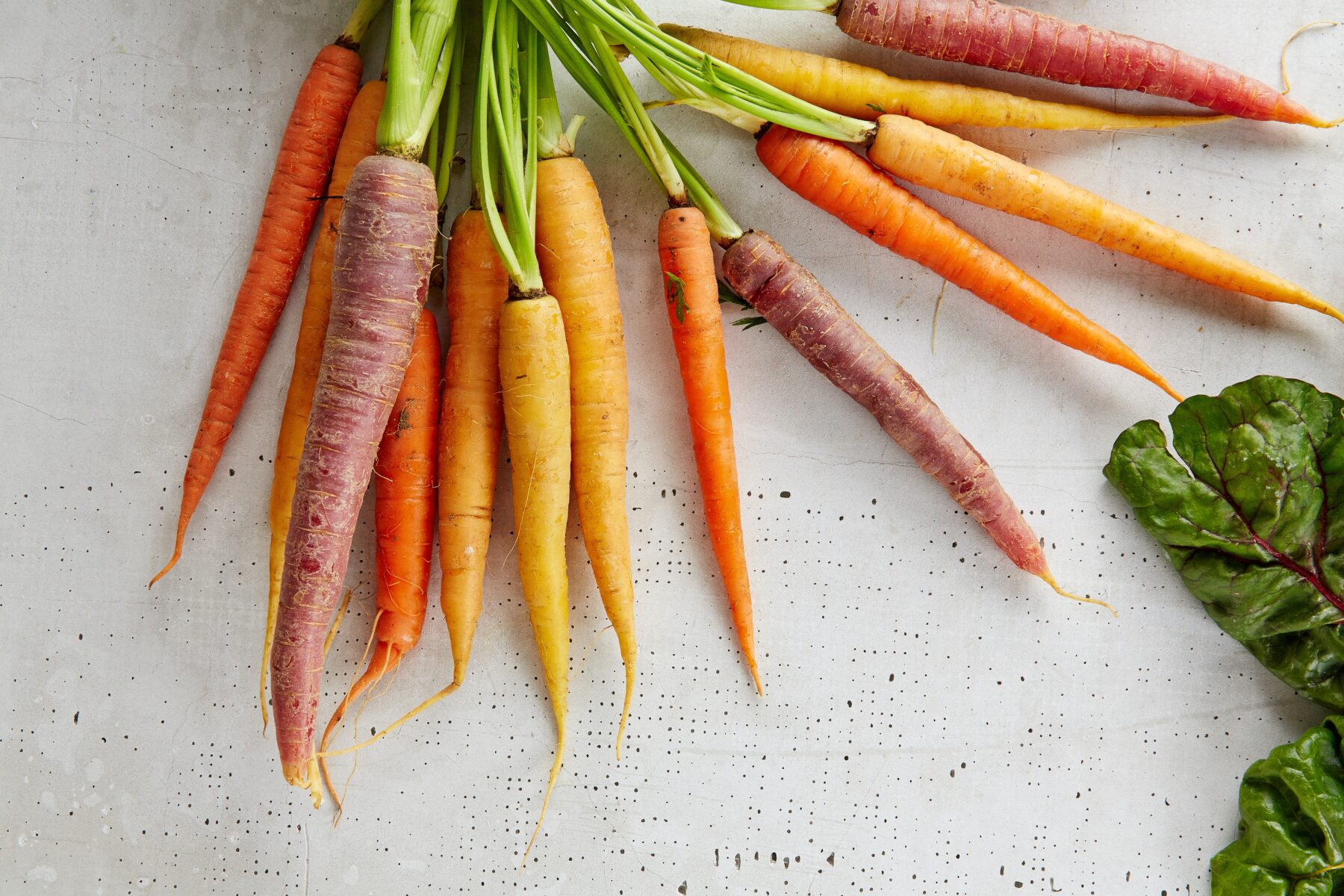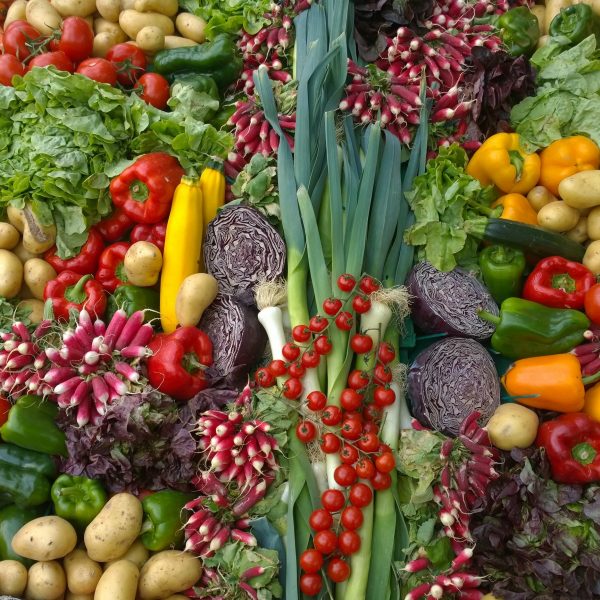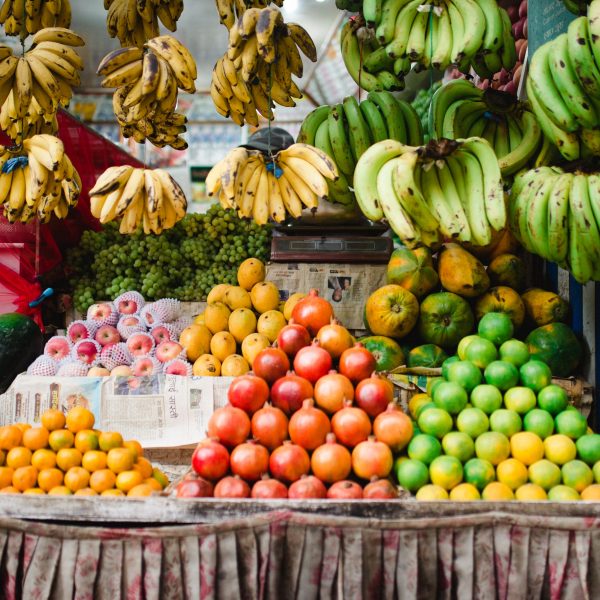Strategic vegetable alliance brings out new tools to boost healthy eating in children

The Vegetable Intake Strategic Alliance (VISA) group, a national research initiative, has launched an evidence based, best practice document to help children to eat and enjoy vegetables.
The secret, the group says, is to change the messaging about the value of vegetables, moving from a focus on health outcomes to an approach of building familiarity and enjoyment.
To get children to eat and enjoy their vegetables, the group says, there are three critical elements for success namely:
- Shifting focus to liking and enjoyment of vegetables (the joy)
- Creating vegetable exposure opportunities for children (more places to eat veggies)
- Working together (all parts of society working together)
VISA is led by CSIRO, Australia’s national science agency, who are working alongside Flinders University and Nutrition Australia to produce strategies which draw on a broad cross section of industry, government and commercial thought leaders.
VISA Chair and CSIRO Principal Research Scientist Project Lead David Cox said that while significant effort had been made to encourage children to eat more vegetables, intakes are still far below recommended.
“We all know vegetables are the cornerstone of a healthy diet,” Dr Cox said.
“Vegetable intake as part of a healthy eating plan helps promote good health and prevent disease, but despite the well-known health benefits, vegetable intake remains low among Australian children,”
According to recent research less than six per cent of children aged between two and 17 years ate the recommended servings of vegetables in a day, a figure that has long remained static despite the best efforts of many.
“We need a paradigm shift – away from communicating the obvious health messages to strategies that enable our kids to like vegetables. This may as simple as repeatedly offering a variety of vegetables to children early in life,” Dr Cox said.
To progress their work Dr Cox and the VISA group partners collected and reviewed a large body of evidence suggesting that greater success could be achieved through a coordinated shift in focus towards teaching and supporting children to become familiar with, accept and like vegetables through increased exposure to a greater variety of vegetables and vegetable products from an early age.
Children, Dr Cox said, simply need more opportunities to eat vegetables, be that in early childhood education and care (ECEC) settings, at school, or while in their homes.
“Lifting low vegetable intake will only be achieved when all players are working together with a playbook that describes the conditions under which success is more likely than not,” Dr Cox said.
Vegetable growers such as Catherine Velisha are on board with the new plan.
“We need to take some responsibility for how our products are promoted,” she said.
“The end goal of good health is important, but the message of enjoyment and deliciousness is what will keep kids and their parents and carers buying and consuming Australian-grown vegetables”.
The VISA position statement is intended for all sections of the community who influence food and vegetable intake for children across a range of community settings, along with primary carers of children and those who are involved in the food service and food system supply chain.
The full position statement can be read at www.vegkit.com.au
Popular

Workforce
Quality
Research
When did it start to go wrong?
2025-12-18 08:00:46
by Fiona Alston

Economics
Policy
Quality
Provider
Research
Is your service ready? Key updates to Queensland kindergarten funding in 2026
2025-12-17 07:00:15
by Fiona Alston

Quality
Workforce
Practice
Research
Let’s not lose the word 'Children'
2025-12-18 07:45:13
by Fiona Alston















